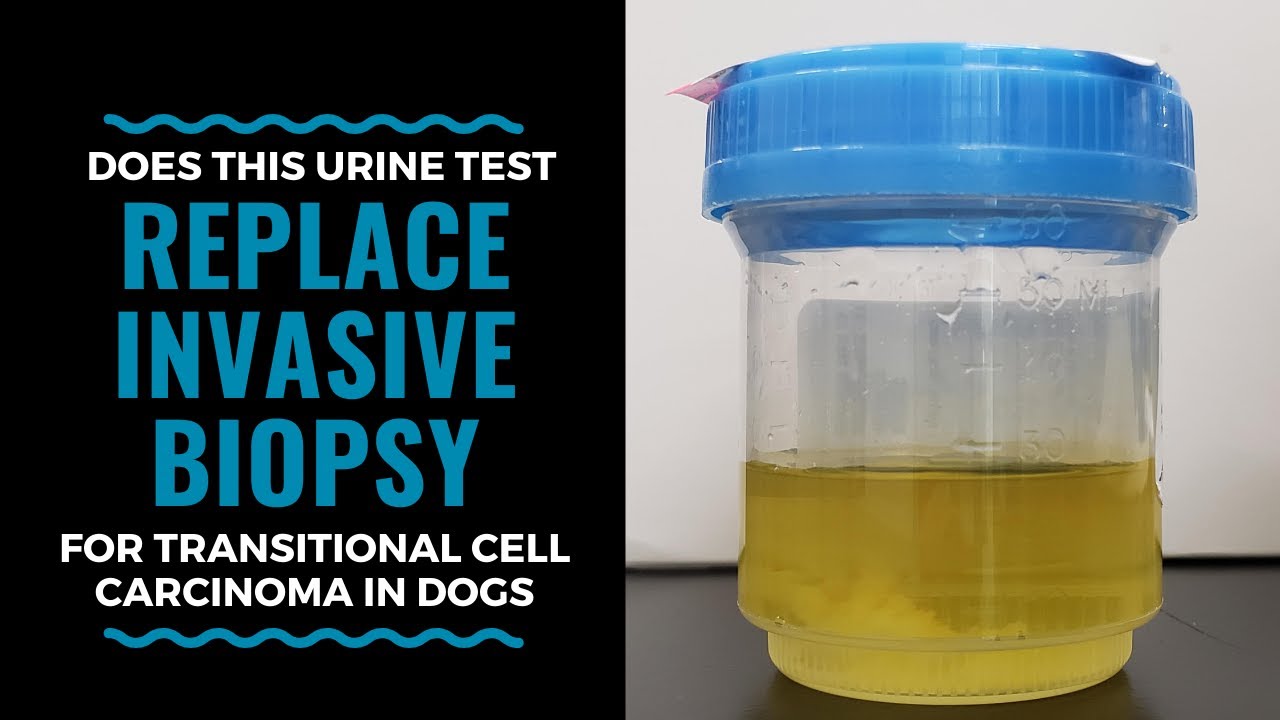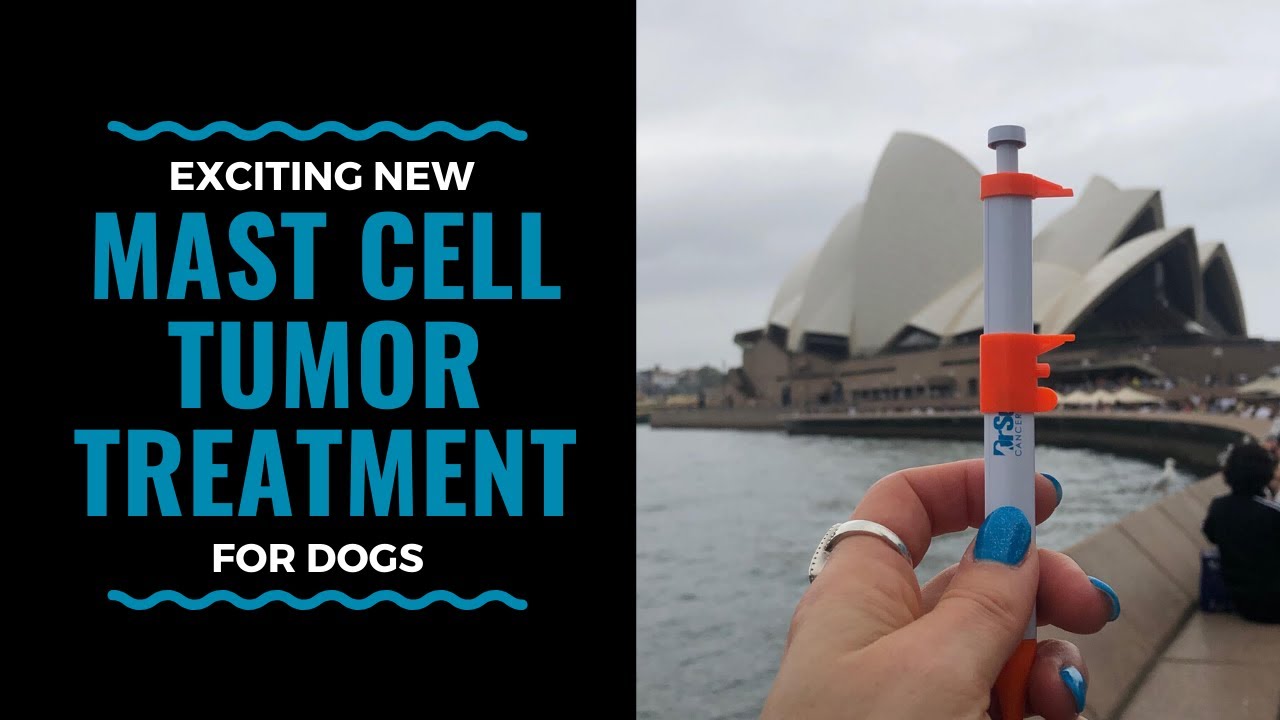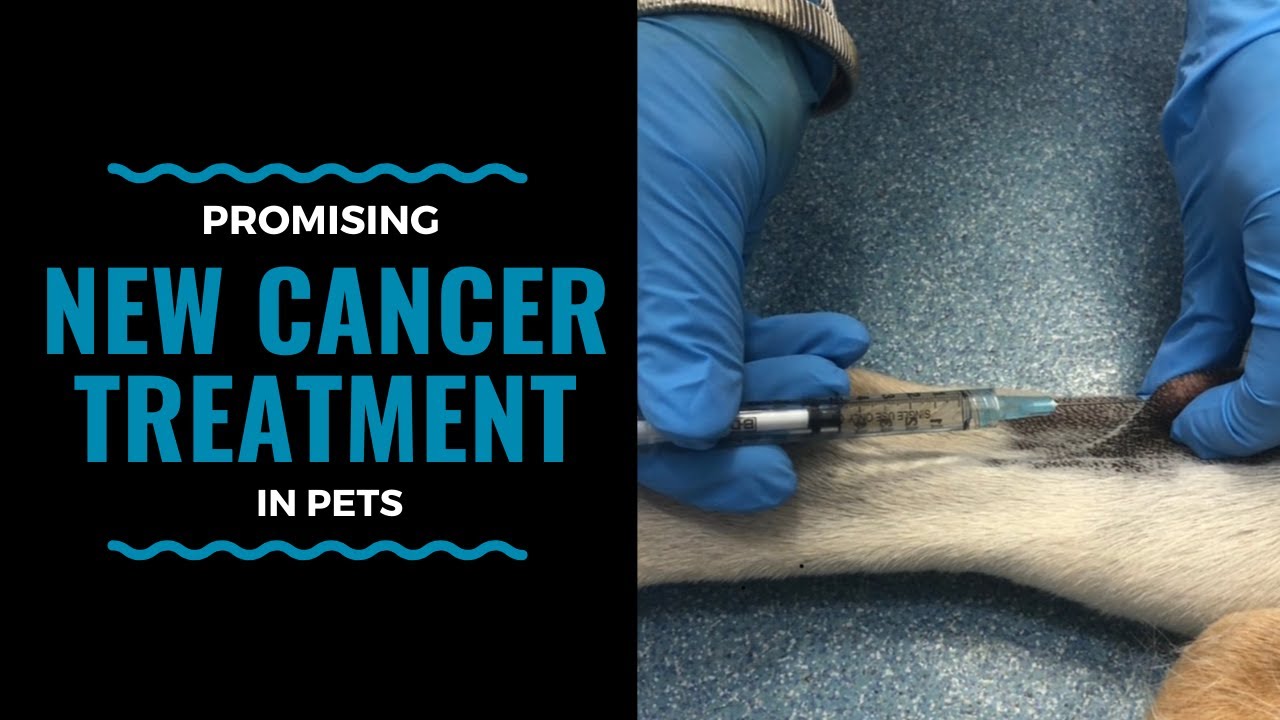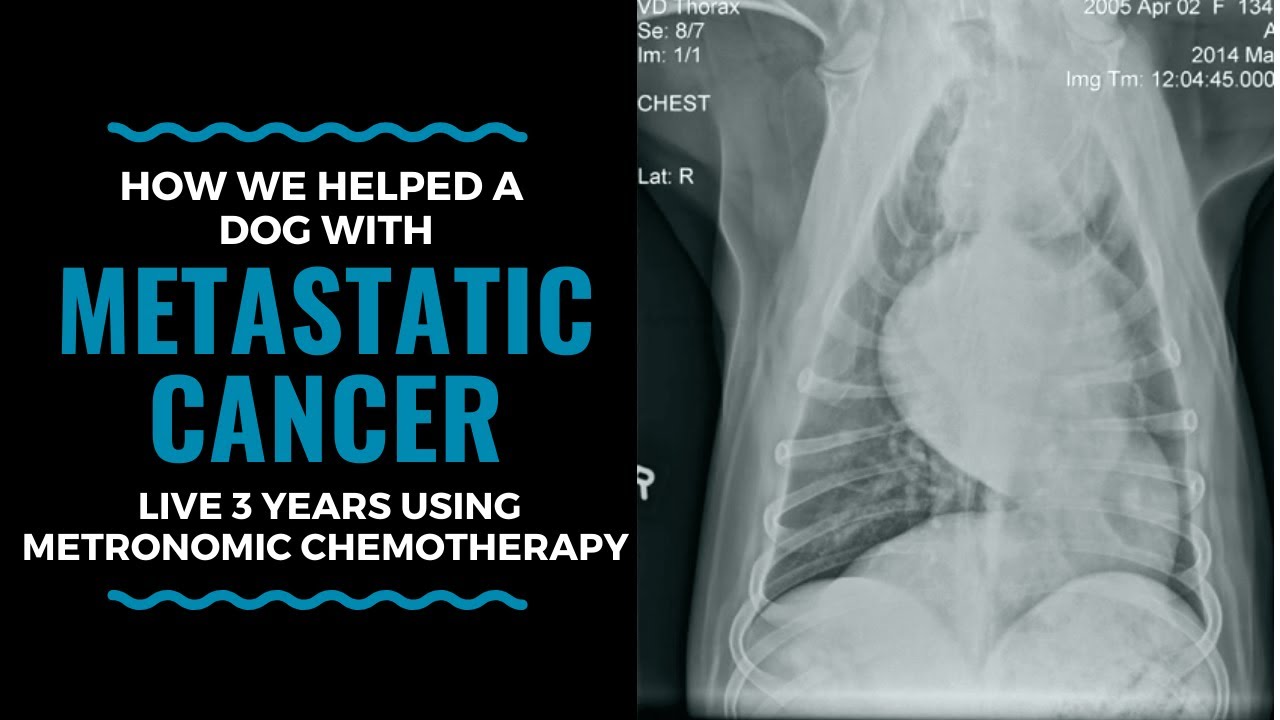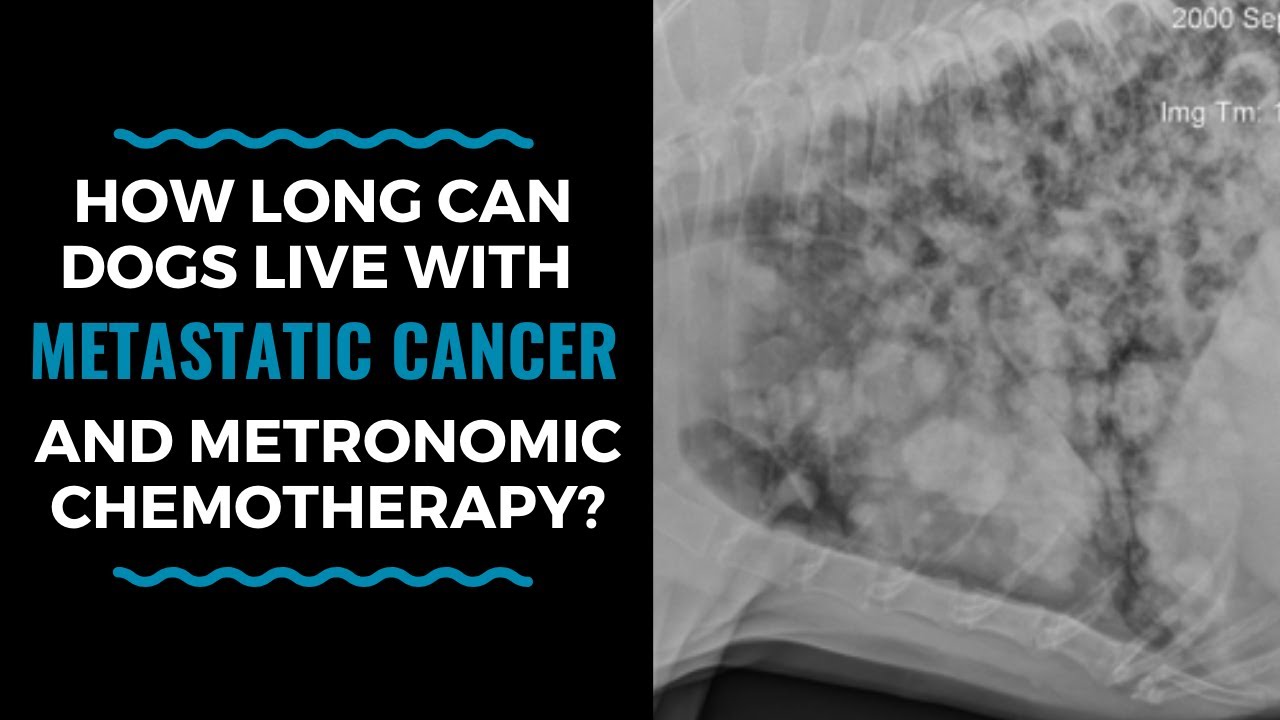Does This Urine Test Replace Invasive Biopsy For Transitional Cell Carcinoma In Dogs? This is part 2 of my series about bladder cancer (transitional cell carcinoma) and cancer of the urinary tract, also known as urothelial cancer.
VLOG
Symptoms of Bladder Cancer in Pets, How to Catch this Early: Vlog 109
Unfortunately bladder cancer – called transitional cell carcinoma (TCC) – is often found late as its symptoms look like a urinary tract infection (UTI) – bloody urine, straining, incontinence, frequent peeing. And many dogs also have a UTI so the symptoms temporarily improve on antibiotics.
Exciting New Mast Cell Tumor Treatment for Dogs: VLOG 108
This is part 2 of my series about my trip to Australia and a new anti-cancer therapy for mast cell tumor called STELFONTA® (tigilanol tiglate).
Promising New Cancer Treatment For Pets: Vlog 107
I am excited to share my trip to Australia and introduce STELFONTA® (tigilanol tiglate)! What is STELFONTA® (tigilanol tiglate)? It is a new intratumor anticancer agent for mast cell tumors in dogs. It is isolated from the seed of Fontainea picrosperma, or the blushwood fruit, which is only found in the rainforest of Australia. It is a Protein Kinase C activator and stimulates rapid tumor destruction and site healing with good cosmetic outcome usually within 28 days. It causes direct oncolysis on the first day, then a tumor vascular necrosis and slough on day 4 and tumor destruction on day 7. There is a defect that heals typically without antibiotics and without bandage and intervention by day 28.
How We Helped A Dog With Metastatic Cancer Live 3 Years By Using Metronomic Chemotherapy:Vlog 106
One of the most devastating things is finding out your dog or cat’s cancer has metastatic cancer, or that the cancer has spread. This is part two of Dr Sue’s series on treating metastatic cancer. Dr Sue shares some of her success stories and the different drugs used in the metronomic protocols.
How Long Can Dogs Live With Metastatic Cancer and Metronomic Chemotherapy? Vlog 105
How Long Can Dogs Live With Metastatic Cancer and Metronomic Chemotherapy? One of the most devastating things is finding out your dog or cat’s cancer has metastatic cancer, or that the cancer has spread. This is often to the lungs, but also to lymph nodes and organs in the abdomen. What are the treatment options?

